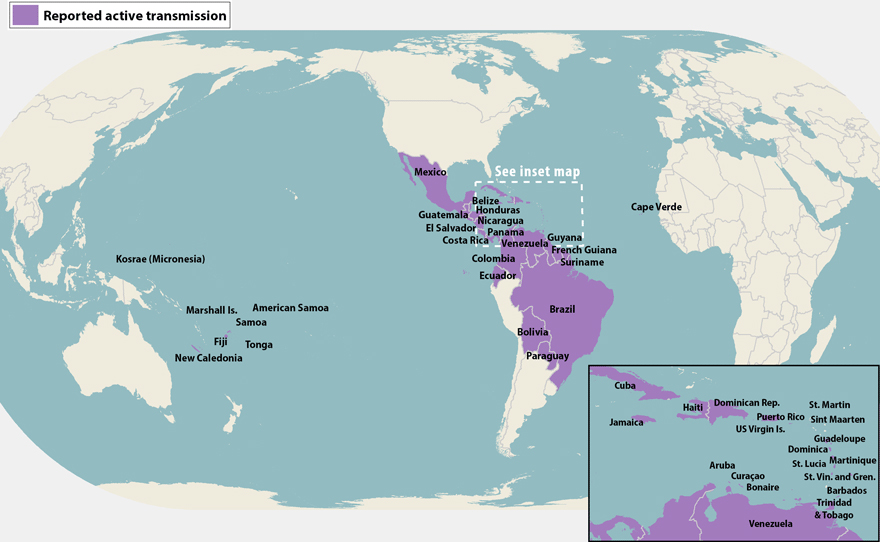WASHINGTON (MEDIA GENERAL) – Several weeks after the White House began asking for emergency funding from Congress to stop the spread of the Zika virus, a funding bill has failed to appear before the full Senate.
Zika, a virus which has been known to cause a range of symptoms from fever to birth defects in pregnant women, remains a top health concern for U.S. officials.
“Everything we look at with this virus, seems to be a bit scarier than we originally thought,” said Dr. Anne Schuchat, the principal deputy director of the Centers for Disease Control and Prevention during a news conference in mid-April. The Obama administration is asking Congress for $1.9 billion in emergency funding to prevent the spread of the disease.
Congress still debates
The battle over how to fund the Zika crisis remains tied up in the U.S. Senate where Repubilcan leaders insist they want more transparency on how the $1.9 billion would be spent.
“It’s an important issue. We’re in a discussion with them about how much do they really need?” said Sen. Majority Leader Mitch McConnell (R-KY) during a weekly news conference last week. The chorus of Democrats calling for an immediate vote has grown louder in recent weeks. During a press conference on Monday in Buffalo, New York, the state’s senior Senator Chuck Schumer (D-NY) urged Congress to act sooner rather than later.
One House Democratic member said the idea that Republicans still need more information about the financial impact was essentially ridiculous compared to previous emergency measures.
“We have more information about this than we had about going to war in Iraq,” said Rep. Rosa DeLauro (D-CT) during a Democratic member news conference.
Zika concerns abroad vs home
The majority of Zika cases appear to remain outside the United States, but health officials remain concerned that Americans traveling out of the country could contract the disease and bring it back stateside without realizing they’re infected. The Centers for Disease Control and Prevention continues to urge travelers to be mindful of their risks overseas. Below is a look at where the virus stands in the United States.
http://www.cdc.gov/zika/images/zika-by-state-report_04-21-2016.jpgUS States
- Travel-associated Zika virus disease cases reported: 388
- Locally acquired vector-borne cases reported: 0
- Total: 388
- Pregnant: 33
- Sexually transmitted: 8
- Guillain-Barré syndrome: 1
For the very latest on the funding fight over Zika, follow @markpmeredith on Twitter
